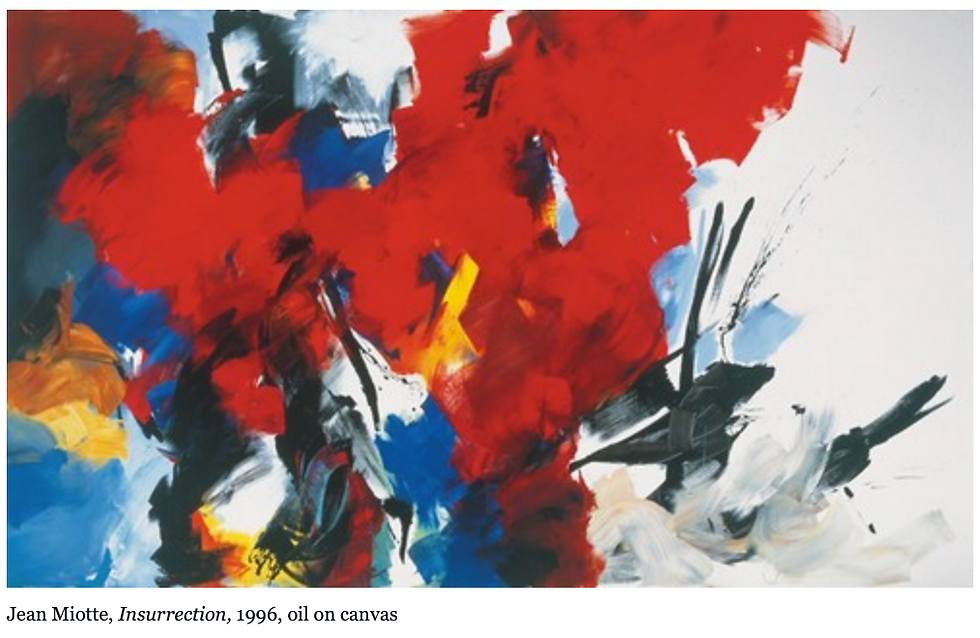Introduction: Art - A Seductive Tool of Diplomacy
- May 30, 2020
- 2 min read
Updated: Nov 28, 2024
A series of essays on the relationship between the arts and international affairs
by Alana Chloe Esposito
“Begin with art, because art tries to take us outside ourselves. It is a matter of trying to create an atmosphere and context so conversation can flow back and forth and we can be influenced by each other.” -W.E.B. DuBois, American Civil Rights Activist

INTRODUCTION Streaming Museum is inspired by the visionary media artist Nam June Paik, who in the 1970s foresaw the creation of a “information superhighway” as an open and free medium for imagination and exchange of cultures. In other words, Streaming Museum exploits the Internet and communications technologies to create a global forum where ideas are exchanged through the arts. By implication, this mission asserts two hypotheses: that cross-cultural exchanges of ideas are inherently good and that the arts are uniquely well-suited to serve as a vehicle through which ideas are exchanged.
Visual and performing arts have long been recognized as a bridge to understanding the unfamiliar. Sometimes referred to as the universal language, the arts can raise awareness on an emotional level, which can transform the viewer. Art extends beyond the cultural realm into the daily interactions of billions of individuals across the global village, connecting them where politics polarizes them.
This understanding serves as the basis for cultural diplomacy - the idea that inter- and intra-state relations can be strengthened and maintained through dialogue and cultural exchange.
Diplomacy, whether the traditional practice of state-to-state negotiation or informal initiatives by private citizens, NGOs, and corporations, (sometimes known as Track II diplomacy), works through clear and open communication and transparent action. The arts can enhance communication by transmitting new ideas, especially when they are made widely accessible online and in public spaces.
In recognizing the potential of myriad individual links to promote understanding and trust between diverse societies, Streaming Museum symbolizes the emergence of a global civil society.
About the author

Alana Chloe Esposito is a civil society leader with more than 12 years of combined experience in journalism, human rights advocacy, foreign policy, and the arts. She currently directs international policy and engagement for Common Ground, a Greek initiative to accelerate progress on social issues from greening the economy to reducing inequalities to safeguarding refugee rights -- through strategic cooperation.
In her previous capacity as a journalist, she wrote about art and cultural diplomacy for publications including The New York Times and served as UN correspondent for several media outlets, reporting through the lens of gender equality on topics including refugee experiences, sexual violence in conflict, and the UN's global development agenda.
She holds a B.S. in Foreign Service from Georgetown University and a M.A. in International Affairs from Sciences Po Paris and is a Senior Fellow of the Dietrich Bonhoeffer Institute. alanaesposito.com